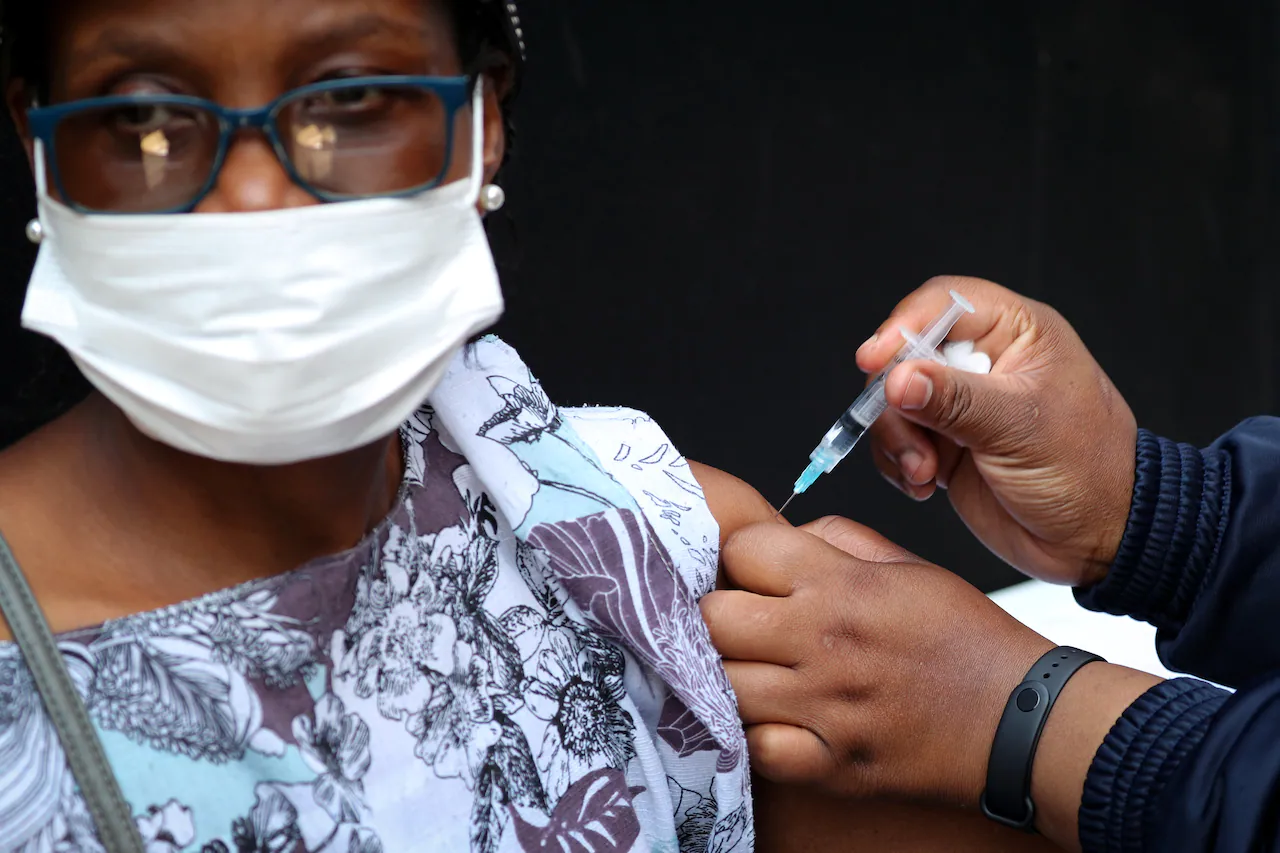News
A new COVID-19 variant has been detected in Australia called XBB.1.5. Here’s what experts say about it

For the latest flood and weather warnings, search on ABC Emergency
Check the score for the third Test against South Africa at the SCG
Many infectious disease experts have been increasingly worried about the new Omicron subvariant XBB.1.5.
Described as «highly contagious,» the variant has rapidly spread across the United States with a very small number of cases emerging here in Australia.
Maria Van Kerkhove, the World Health Organization’s (WHO) COVID-19 technical lead, has described it as «the most transmissible subvariant that has been detected yet». Although, there isn’t enough data to know how severe its impact will be.
Here’s what we know so far.
It’s a descendent of Omicron and a close relative of the XBB variant.
Professor Adrian Esterman, chair of biostatistics and epidemiology at the University of South Australia says it has similar mutations to its parent XBB.1, «enabling it to evade our immunity».
«However, in addition, it has mutations that make it easier to bind to the ACE2 receptors on human cells. This ‘double whammy’ makes it the most transmissible subvariant to date.»
It first emerged in New York in October and has been spreading rapidly across the United States.
Yes. So far, eight cases of XBB.1.5 have been detected in Australia.
Federal health department data on XBB.1.5 shows it makes up less than 1 per cent of cases in Australia, as of January 3.
While the WHO said it was «the most transmissible subvariant that has been detected,» there is no indication as yet that it causes more severe disease than other types of COVID-19.
So far XBB.1.5 has been detected in more than 25 countries, with cases rising in Europe and the United States.
It’s exploded in prevalence across the United States, according to projections from the Centers for Disease Control and Prevention (CDC).
More than 40 per cent of COVID-19 cases in the US are now caused by XBB.1.5, data from the CDC showed last week, with the subvariant doubling from the previous week.
Dr. Michael Osterholm, an infectious disease expert at the University of Minnesota, described it as «the worst variant that the world is facing right now».
Recombinants of the BA.2 variant, XBB and XBB.1.5, together accounted for 44.1 per cent of the total cases in the country for the week ending December 31. For the previous week, XBB.1.5 made up 21.7 per cent of the total cases.
According to genomic sequencing data uploaded globally, the variant only accounts for a small percentage of cases detected in other countries like Canada and the UK.
We don’t yet know if XBB.1.5 is more dangerous.
The variant XBB.1.5 is more contagious but not necessarily more severe than previous strains.
«There is no need to be overly worried at this stage in Australia,» Hassan Vally, Associate Professor in Epidemiology at Deakin University said.
«But it is a timely reminder that COVID still poses a threat to our health and we need to continue to be vigilant in terms of being up to date with vaccinations and doing everything we can to reduce our risks of being infected.»
It has gone from 20 per cent of cases in the USA to more than 40 per cent in one week — so medical experts are closely watching this variant to see how well vaccines and treatments are working against it.
Professor Esterman says there is no evidence to date that XBB.1.5 causes more severe illness than its predecessors.
«In Australia it has the potential to cause another wave. But we have such high levels of immunity from previous infections and vaccination, it is unlikely to be as bad as the BA.2 or BA.4/5 waves,» he said.
While vaccines are less effective at stopping people getting infected with newer variants of COVID-19, research led by the Kirby Institute in Sydney found being fully vaccinated still offered protection against severe disease and death.
The research also highlights how treatments need to continue evolving in line with the virus’s evolution.
See our full coverage of coronavirus
We acknowledge Aboriginal and Torres Strait Islander peoples as the First Australians and Traditional Custodians of the lands where we live, learn, and work.
This service may include material from Agence France-Presse (AFP), APTN, Reuters, AAP, CNN and the BBC World Service which is copyright and cannot be reproduced.

